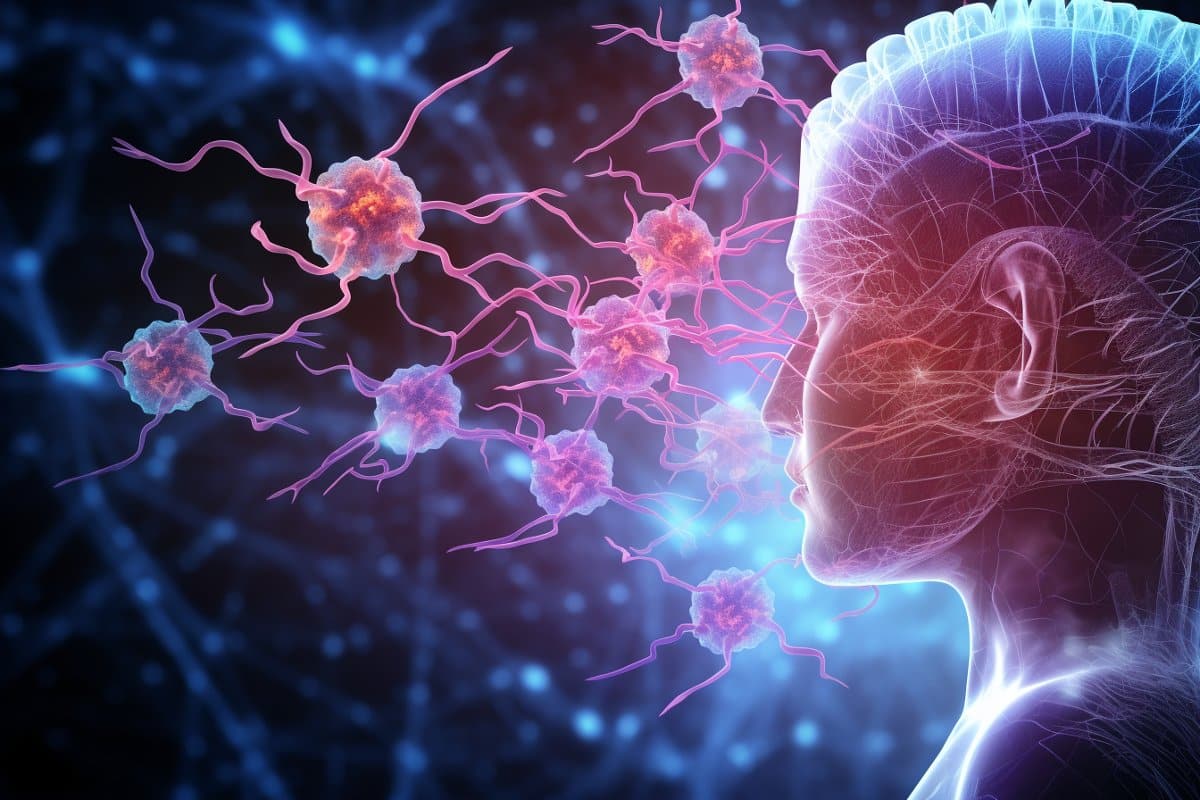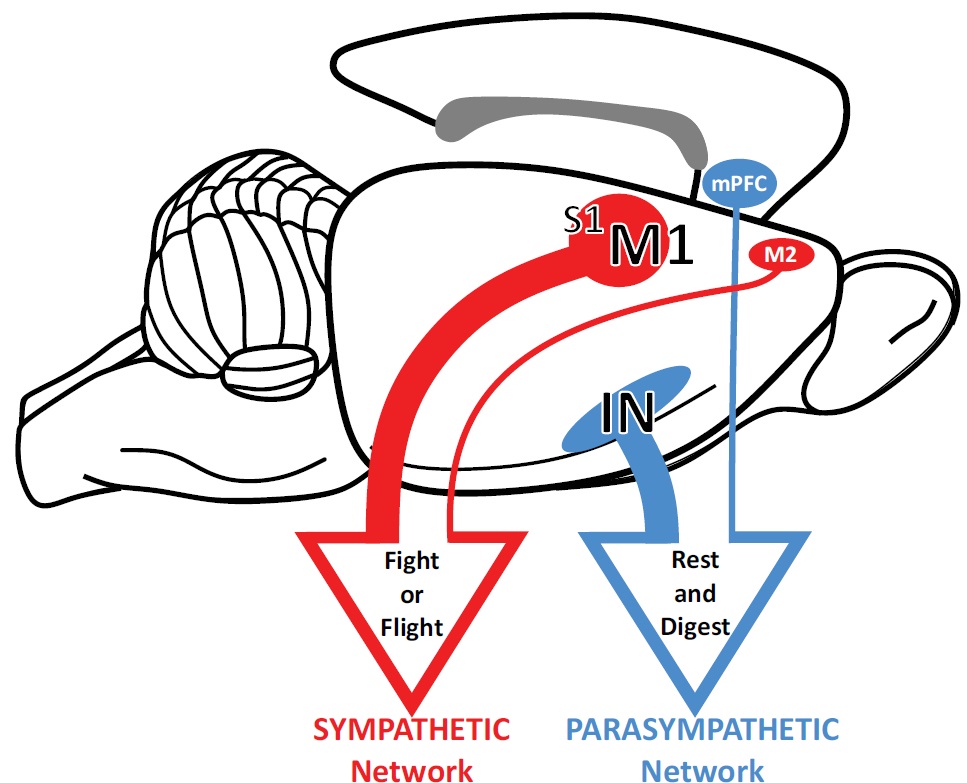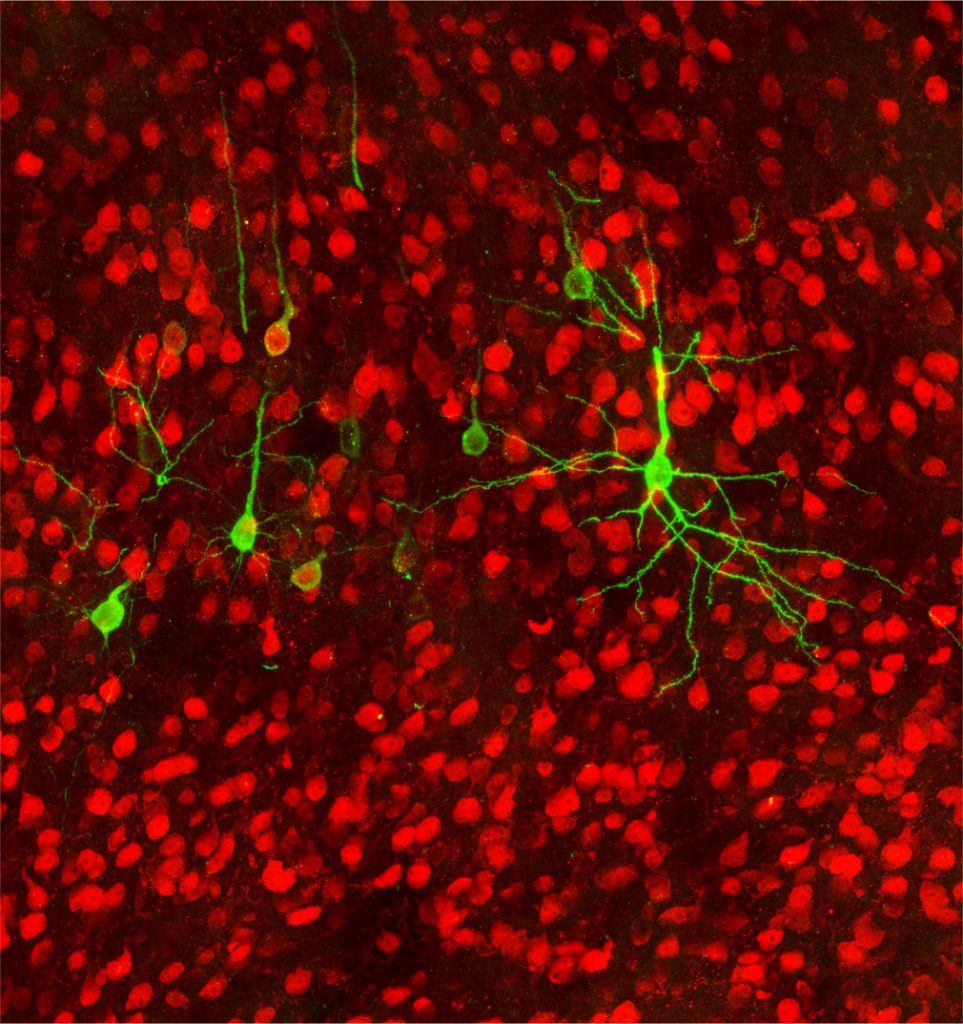
Researchers from Charité and McGill University quantify association between Helicobacter pylori and Alzheimer’s disease. Infection with the stomach bacterium Helicobacter pylori could increase the risk of developing Alzheimer’s disease: In people over the age of 50, the risk following a symptomatic infection can be an average of 11 percent higher, and even more about ten years after the infection, at 24 percent greater risk. These are the findings of a study by Charité — Universitätsmedizin Berlin and McGill University (Canada), now published in the journal Alzheimer’s & Dementia: The Journal of the Alzheimer’s Association.* The researchers analyzed three decades’ worth of patient data.
As today’s populations age, dementia is set to become more common, tripling in prevalence in ...
Read More










Recent Comments